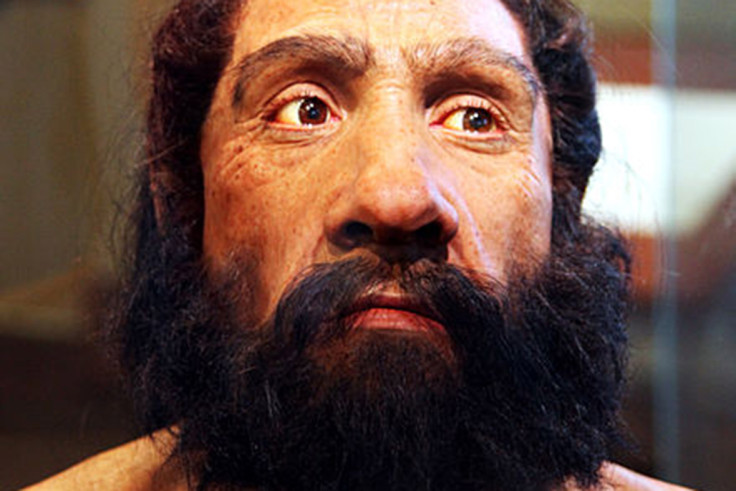Modern men have not inherited Neanderthals' Y sex chromosome

Modern humans carry traces of ancient Neanderthal DNA, but not the Y sex chromosome, scientists have found. The discovery could lead to a better understanding of our modern origins, and to a more precise timeline for the divergence of humans and Neanderthals.
The study, published in The American Journal of Human Genetics, examines and sequences for the a Neanderthal Y chromosome for the first time. Comparing it to chimpanzee and modern human DNA sequences, the scientists, from the American University of Stanford, found out that this sex chromosome was in all probability absent from the current human genome. Previous researches had shown that between 2.5 to 4% of our DNA comes from Neanderthal men.
"We've never observed the Neanderthal Y chromosome DNA in any human sample ever tested," senior author Carlos Bustamante says. "That doesn't prove it's totally extinct, but it likely is."
Time of divergence
For the purpose of this study, the team of scientists analysed the DNA sequences of the Y chromosome of a Neanderthal individual from El Sidron, Spain. What they observed was consistent with a model placing the Neanderthal lineage as an outer-group to modern human Y chromosomes. The Y Neanderthal chromosome they analysed has never been observed in humans up till now.
These findings may also prove interesting to date the divergence between modern lineage and the Neanderthal lineage, more precisely. Previous analysis of mitochondrial DNA had us parting ways between 400,000 and 800,000 years ago. Now, by looking at when this Y chromosome genes disappeared from modern men's lineage, scientists are able to trace back the last common ancestor to Neanderthals and men to 588 thousand years ago.
Different hypotheses
Why the Y chromosome disappeared from modern human lineage is not entirely clear. In their study, the scientists came up with different hypotheses. One of them, the simplest, is that the Y chromosome genes drifted out of the human gene pool by chance over the millennia.
However, the scientists have found more evidence supporting the idea that Neanderthal Y chromosomes included genes that were incompatible with other human genes. Some of these were genes that could have been incompatible with females' immune system.
They concluded it was possible women's immune systems attacked the foetus carrying the Neanderthal Y gene, leading them to always miscarry babies. This has yet to be confirmed, but it would explain why the Neanderthal Y sex chromosome, with all its genes, is absent from today's lineages.
© Copyright IBTimes 2025. All rights reserved.






















